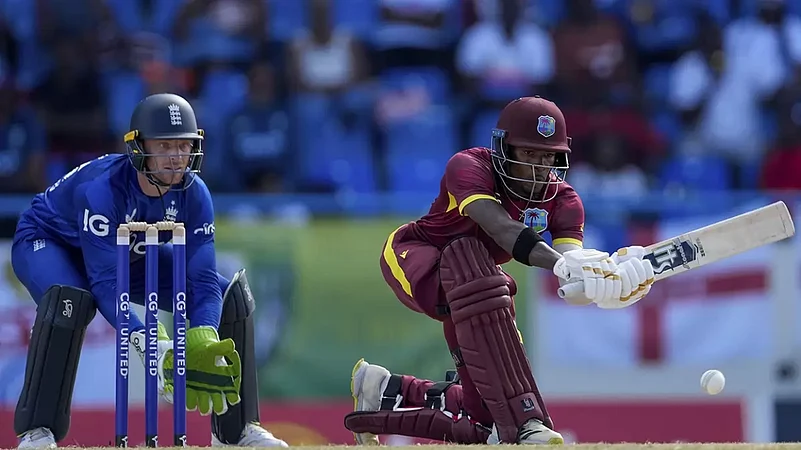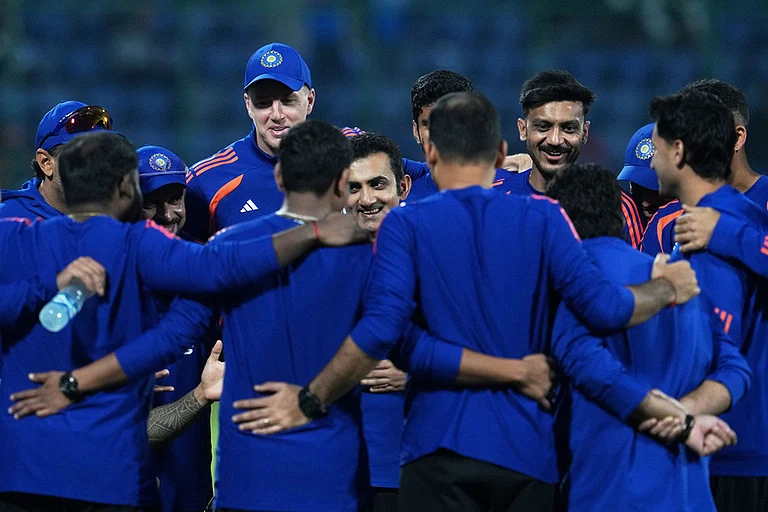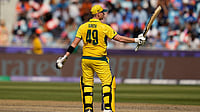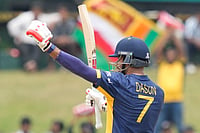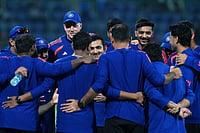With attention spans shortening and the game of cricket evolving, the International Cricket Council (ICC) has launched a fresh stop-clock rule in an endeavour to speed up the pace of play in international cricket. The first T20I in the ongoing white-ball series between England and West Indies was the first game to played under this new rule. (Cricket News)
What's The Rule
According to this rule, the stop clock will restrict the amount of time taken between overs, which means that the bowling team must be ready to bowl the first ball of their next over within 60 seconds of the previous over being completed.
What's The Penalty
The team will be given warnings for the first two infractions, after which a five-run penalty will be imposed against the fielding team for the third violation.
Trial Duration
The rule will be implemented on a trial basis, beginning with the England vs West Indies T20I in Barbados on Wednesday, December 13, 2023. The trial will be carried out for around 59 fixtures involving full member teams (men's ODIs and T20I matches) between December 2023 and April 2024.
ICC's Stance
“We are continually looking at ways to speed up the pace of play across international cricket," Wasim Khan, ICC general manager – cricket said.
ALSO READ: Buttler Happy To Regain Form
He added, "The stop clock trial in white ball international cricket follows the introduction of a successful new playing condition in 2022, which resulted in the fielding team only being allowed four fielders outside of the inner circle if they were not in a position to bowl the first ball of their final over in the stipulated time. The outcomes of the stop clock trial will be assessed at the end of the trial period.”






